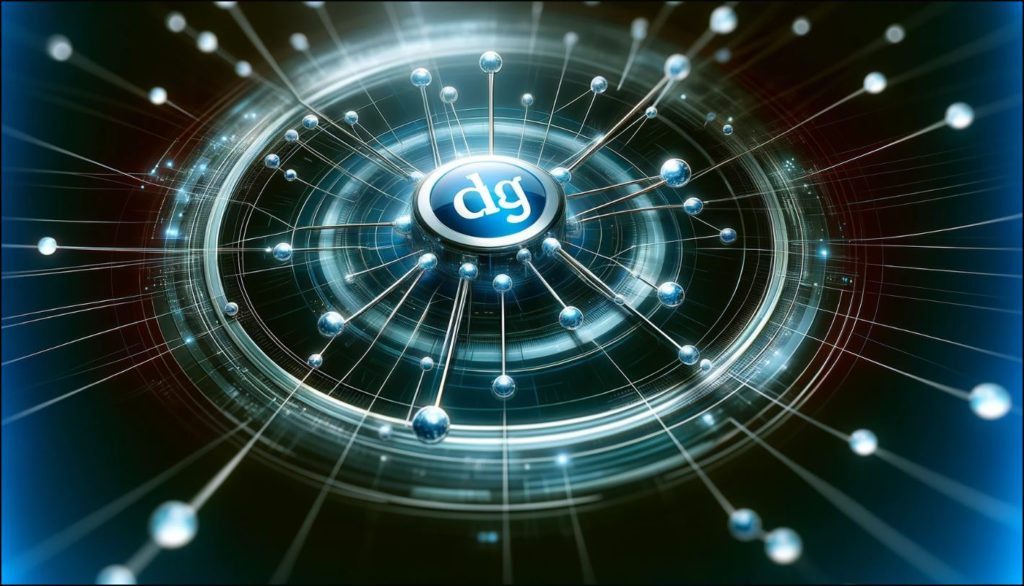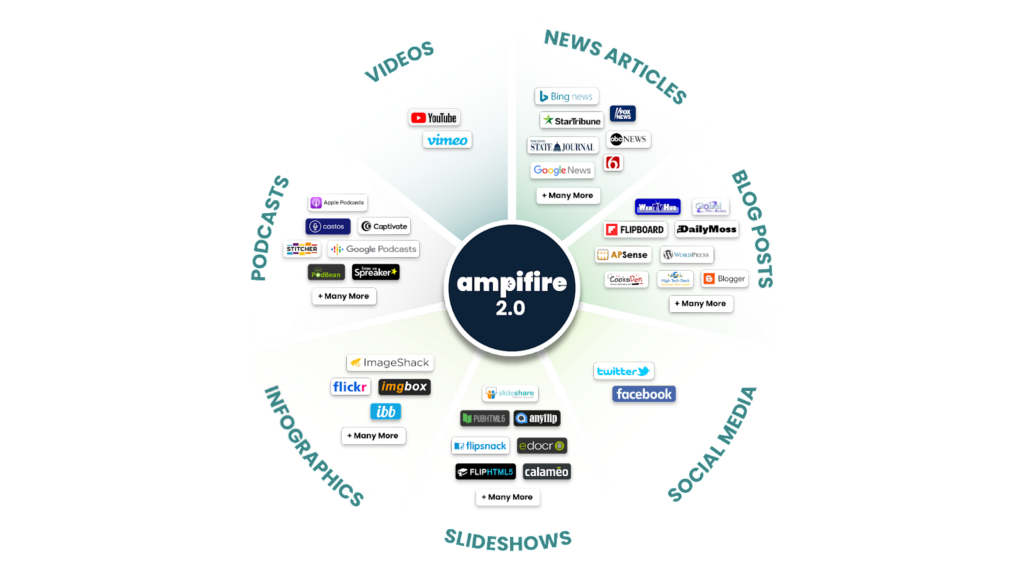
Is Digg Good for SEO?
First, let’s break down SEO. Search Engine Optimization (SEO) is like the secret sauce that makes your website more appetizing to search engines like Google. It’s a set of strategies to increase your website’s visibility when people search for products or services related to your business.
| Website: | digg.com |
| Founded: | 2004 |
| Type of Platform: | Social news aggregator |
| Key Features: | Voting, content curation, user-submitted content |
| Content Types: | Text posts, multimedia posts |
| Popular Content: | News, trending topics, viral content |
| Target Audience: | Internet users |
| Domain Authority: | 92/100 |
Now, enter Digg, a pioneer in social bookmarking, founded in 2004. It’s not just any platform; it’s a place where content is king and users reign supreme, voting on what’s hot or not. Digg’s key feature? It’s a hub for trending stories, articles, and videos, spanning a wide range of topics. Think of it as a melting pot of viral content and intriguing news. The platform boasts a strong domain authority, which is a score predicting how well a website will rank on search engines. A higher score often means better ranking potential.

But who’s on Digg? It attracts a diverse crowd, from tech enthusiasts to news junkies, all hungry for the latest and greatest content. The content that soars to the top is typically engaging, relevant, and often, a tad unconventional. This blend of user-curated content and a high domain authority makes Digg a fascinating player in the SEO game.
Most importantly, the nature of Digg means it’s not just about linking back to your site; it’s about becoming part of a larger conversation. In the realm of SEO, this engagement can be just as valuable as the link itself. Therefore, understanding Digg’s ecosystem is crucial for leveraging its full potential for your SEO strategy.
Are Digg Links Nofollow or Dofollow?
Most of Digg’s links are nofollow. Let’s decode the terms first. In the SEO world, “Dofollow” and “Nofollow” are like two sides of a coin. Dofollow links are the golden tickets, telling search engines, “Hey, I trust this link. Consider it in your rankings.” They pass on what we call ‘link juice,’ boosting the linked site’s credibility in the eyes of search engines. On the flip side, Nofollow links are more like polite nods. They link to other sites but say to search engines, “Hold up, don’t count this link for rankings.” They’re like saying, “Here’s a link, but let’s not add any SEO weight to it.”

So, where do Digg links fall on this spectrum? As with most social media websites, Digg predominantly uses Nofollow links. This means, while Digg is great for driving traffic and visibility, it’s not directly passing on that coveted SEO juice to your site. Despite this, nofollow links on Digg can have great benefit to your business.
How Do I Add a Backlink to Digg?
Let’s start with what a backlink is. Picture a backlink as a digital thumbs-up from one website to another. It’s a link from an external site that points back to your website. Think of it as a bridge connecting your content to the wider world of the internet.
Now, how do you build this bridge to Digg? It’s simpler than you might think. Here’s your step-by-step guide:
The Steps to Adding a Backlink
- Create a Digg Account: First things first, sign up on Digg. It’s straightforward – just follow the prompts on their website.
- Find the ‘Submit Link’ Option: Once you’re logged in, look for a button or link that says ‘Submit Link’ or something similar. This is your gateway to adding content.
- Enter Your Link Details: In the submission form, you’ll need to input the URL of the content you want to link to. Make sure it’s the exact page you want people to land on.
- Craft a Compelling Title and Description: This is crucial. Your title and description should be engaging and give a clear idea of what your content is about. Digg users love catchy, interesting titles that stand out.
- Choose the Right Category: Digg organizes content into categories. Pick the one that best fits your link. This helps in reaching the right audience who are interested in your content’s topic.
- Submit and Wait for Approval: After submitting your link, there might be a short waiting period for approval. Digg’s team checks submissions to ensure they meet the platform’s guidelines.
- Engage with the Community: Don’t just drop your link and run. Engage with the Digg community. Upvote other stories, comment, and be active. This increases the visibility of your submissions.
- Monitor Your Submission: Keep an eye on your submission to see how it’s performing. Engaging with users who comment can boost its popularity on the platform.
Remember, while Digg is great for exposure, the quality of your content is what will ultimately drive traffic back to your site. Therefore, focus on creating valuable, interesting content that Digg users will want to click on and engage with.
Best Practices for Posting on Digg
Navigating Digg, Reddit, VK, or another high-reputation platform effectively requires a mix of savvy content strategy and social etiquette. Here are some essential do’s and don’ts:
The Do’s and Don’ts of Posting on Digg
Do’s:
- Do Craft Engaging Titles: Your title is your first impression. Make it catchy, relevant, and reflective of your content. It’s the hook that draws readers in.
- Do Choose the Right Category: Accuracy matters. Placing your content in the most relevant category increases its chances of being noticed by interested users.
- Do Engage with the Community: Upvote other posts, comment thoughtfully, and participate in discussions. Engagement is a two-way street that can amplify your presence.
- Do Focus on Quality Content: Content that adds value, whether informative, entertaining, or thought-provoking, tends to perform better on Digg.
- Do Use Appropriate Tags: Tags are like signposts. They guide users to your content, so choose them wisely to match the theme and subject matter of your post.
Don’ts:
- Don’t Spam: Avoid posting too frequently or sharing irrelevant links. This can turn off potential readers and diminish your credibility.
- Don’t Ignore the Guidelines: Every platform has its rules. Familiarize yourself with Digg’s guidelines to ensure your content aligns with their standards.
- Don’t Neglect the Description: A compelling description can be the difference between a click and a pass. Use this space to succinctly convey what your content is about.
- Don’t Be Self-Promotional: While it’s tempting to use Digg solely for promotion, focus instead on contributing to the community in meaningful ways.
- Don’t Forget to Monitor Feedback: Pay attention to comments and feedback. They can provide valuable insights into how your content is received and how to improve.
By adhering to these best practices, you can enhance your Digg experience, ensuring that your content not only reaches a wider audience but also resonates with them. Remember, it’s about striking the right balance between visibility and value.
Does AmpiFire Submit to Digg?
No, AmpiFire does not submit content to Digg. This doesn’t mean that AmpiFire can help your business grow, however. AmpiFire works by amplifying your content’s reach across various platforms in its extensive network. This is part of its comprehensive approach to content distribution and digital marketing.

Here’s how AmpiFire operates:
- Content Creation and Optimization: AmpiFire crafts and optimizes content to suit your business needs. This includes writing articles, creating videos, and designing infographics that are tailored to your target audience.
- Multi-Channel Distribution: Once the content is ready, AmpiFire distributes it across multiple channels. This includes news sites, blogs, podcasts, video hosting platforms, and social media platforms. The idea is to cast a wide net to catch a diverse audience.
- Performance Tracking and Reporting: AmpiFire doesn’t just distribute content and leave it at that. It tracks the performance of your content across different platforms, providing detailed reports. This way, you can see the direct impact of your content distribution efforts, including the role played by your various submissions.
By leveraging AmpiFire’s diverse distribution network, your content gets broader exposure and a better chance to resonate with your intended audience.
Get more organic results with distribution done-for-you.
Discover AmpiFire and get your press releases be seen on Google News, YouTube, SlideShare, Apple Podcasts and many more…
Click Here To Learn More
Digg’s unique platform offers a blend of opportunities for content exposure and audience engagement. Pair this with a robust tool like AmpiFire, and you’re setting the stage for enhanced online visibility. Are you ready to explore the potential of Digg for your content strategy, or will you stick to more traditional platforms?
Frequently Asked Questions
Absolutely, Digg remains a significant player in SEO strategies. It’s a platform with high domain authority, which means links from Digg can still drive traffic and enhance online visibility. However, remember that Digg primarily uses nofollow links, so the direct SEO benefit in terms of link equity is limited. Compared to other platforms like Reddit or StumbleUpon, Digg offers a unique user-curated content experience, which can be valuable for audience engagement.
Identifying nofollow and dofollow links on Digg is straightforward. Simply right-click on the webpage, select ‘Inspect’, and look for ‘rel=”nofollow”‘ in the HTML tag of the link. If it’s present, it’s a nofollow link; if not, you’ve got a dofollow link. This distinction is crucial because dofollow links pass more SEO value compared to nofollow links.
Yes, AmpiFire can significantly boost your content’s visibility on platforms, including Digg. It does this through a multi-channel distribution approach, crafting and sharing optimized content across various platforms. While AmpiFire is effective, it’s important to compare its features and results with other content amplification tools like PRWeb or Outbrain to see which fits your needs best.
When posting on Digg, focus on creating engaging titles, choosing the right categories, and actively participating in the community. Avoid spamming and always adhere to Digg’s content guidelines. These practices differ slightly from those on platforms like Twitter or Facebook, where engagement tactics can vary based on the platform’s nature.
Digg allows for backlinking, but mostly through nofollow links, meaning they don’t directly contribute to your site’s SEO in the same way dofollow links from sites like LinkedIn or Medium might. However, Digg backlinks can drive traffic and enhance your online presence, which indirectly benefits your SEO efforts.
